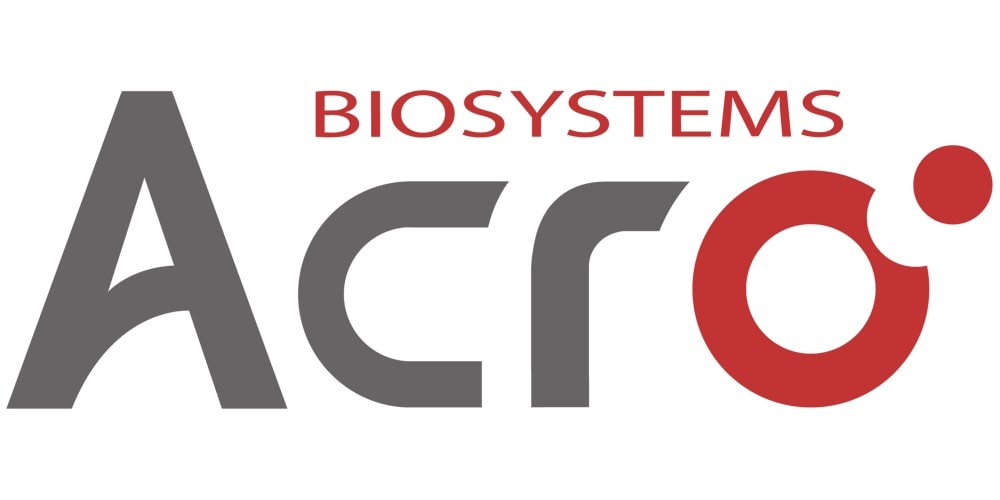Therapeutic Antibodies for Cancer Immunotherapy
Checkpoint Proteins and Inhibitors
Checkpoint Protiens and Inhibitors have become drug targets for Cancer Immunotherapy, however the immune mechanisms and pathway developments are still under study to further decipher behaviour of cancer in different patients . By using recombinant antibodies and proteins researchers can further unravel the pathway complexities and identify new drug targets.
Checkpoint Proteins and Inhibitors have gained recognition in cancer immune therapy with anti-CTLA4 and anti-PD1 monoclonal antibodies demonstrating anti-tumour activities in patients. The role of these molecules are relevant to understand T cell response to cancer behaviour. Although certain targets have shown success their pathway mechanisms are not clearly understood.
What We Offer From Our Suppliers
 InVivo Biotech
InVivo Biotech
InVivo Biotech offers specialised invivo recombinant antibodies for mouse work. These checkpoint antibodies and inhibitors are highly validated to enhance your invivo studies.
InvivoPure+ antibodies are produced under serum-free conditions and purified using Protein-A or Protein-G affinity chromatography. This results in antibodies with purity levels of ≥ 95%, ensuring minimal contaminants and have endotoxin levels of ≤ 1 EU/mg.
 Acro Biosystems
Acro Biosystems
Acro Biosystems offers a broad range of inhibitor screening kits by ELISA for quantifying checkpoint protein detection in plasma/serum samples and cell culture supernatants as well as range of co-stimulatory receptor proteins and co-inhibitory proteins for cell behaviour
Key Benefits of Using These Reagents
- Antibodies specially formulated for invivo use to reduce immunogenicity in mouse models or humanised mouse models.
- Recombinant proteins in HEK 293 cells with tags that can be used for pharmacokinetic assessment, cell-based assays, antibody affinity assays, identify pathway mechanism / immune responses by ELISA , tumour or cancer behaviour research.
- Broad Range of Inhibitor Screening kits and Checkpoint protein detection for plasma, serum samples, cell culture supernatants by ELISA & WB.
Antibody Drug Conjugates (ADC)
Antibody Drug Conjugates (ADC) are designed as a targeted therapy for treating cancer. Unlike Chemotherapy, ADCs can directly target cancer cells without affecting healthy cells. Since 2016 more than 56 Pharmaceutical Companies have been developing ADCs. The complex molecule of ADCs jointly links the antibody to the active cytotoxic drug or the anticancer drug agent. The internalisation of ADC complex into the cells will then setup the antidrug reaction for further destruction of the tumour cell. For example: Trastuzumab emtansine was introduced for the HER2 positive metastatic breast cancer.
The linkers used in ADCs can help change the hydrophobicity of the compound which can help with Drug to Antibody ratio (DAR) as well as help to control aggregation and pharmacokinetics.
What We Offer From Our Suppliers
 Vector Laboratories
Vector Laboratories
Vector Laboratories offers ADC linkers that improve solubility of the compound by using PEG linkers that are monodispersed for consistent ADC manufacturing. They have dPEG based linkers which are branched, SideWinder and BodyArmour linkers, that provide hydrophilicity and shielding.
 AlphaThera
AlphaThera
AlphaThera offers OYO linked ADC reagent enabling site-specific labelling of compatible antibodies with OYO-link DRUG to prototype your ADC candidate
Key Benefits of Using These Reagents
- Vector Laboratories has a vast range of ADC linkers to choose from that can improve the development of the ADC complex for drug delivery in cancer cells by offering PEG linkers making them more efficient in drug development process.
- Alpha Thera OYO-linked Drug conjugate reagents help develop an ADC complex prototype. Makes labelling extremely quick with ADC development in less than 2 hours.
